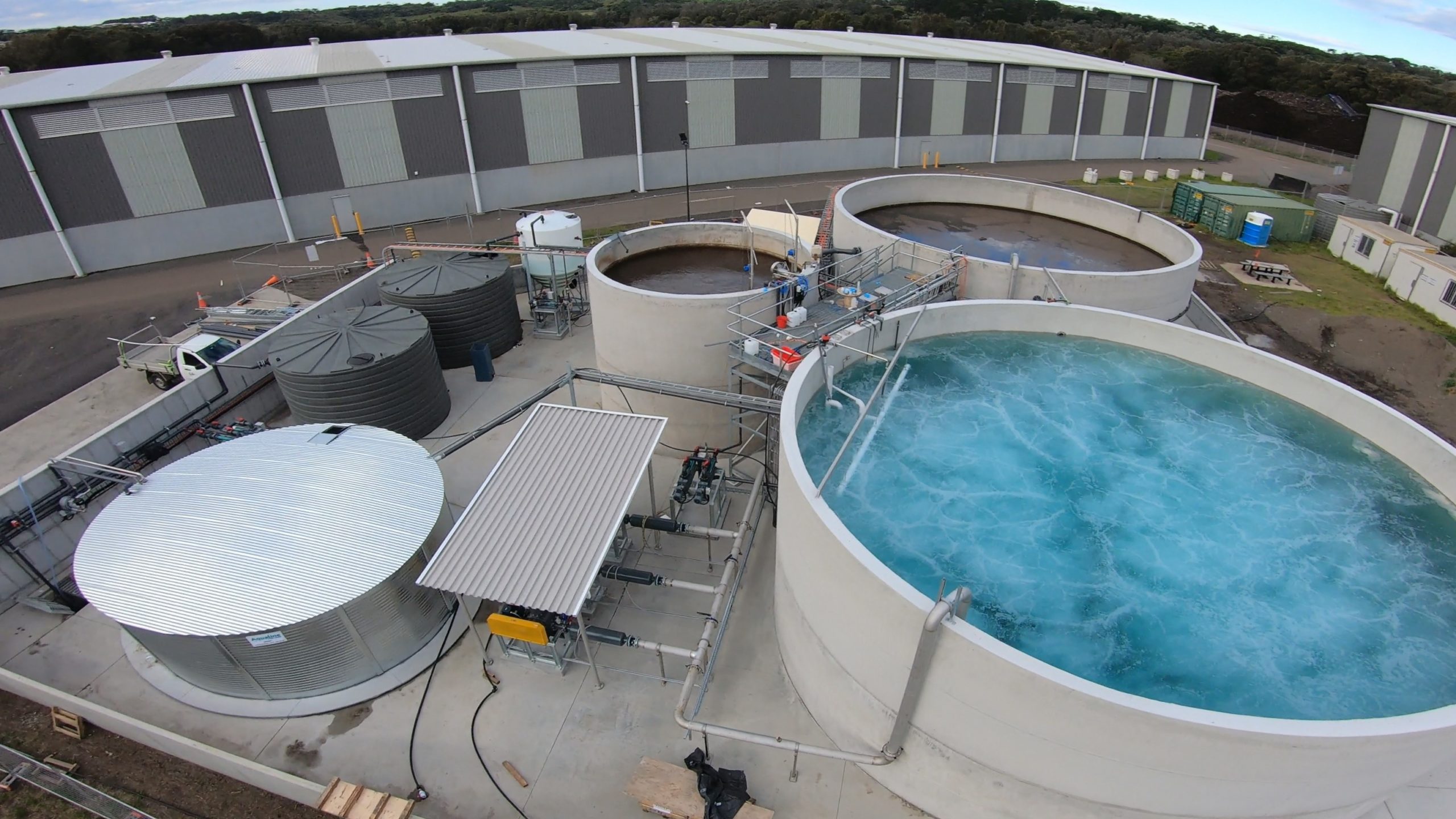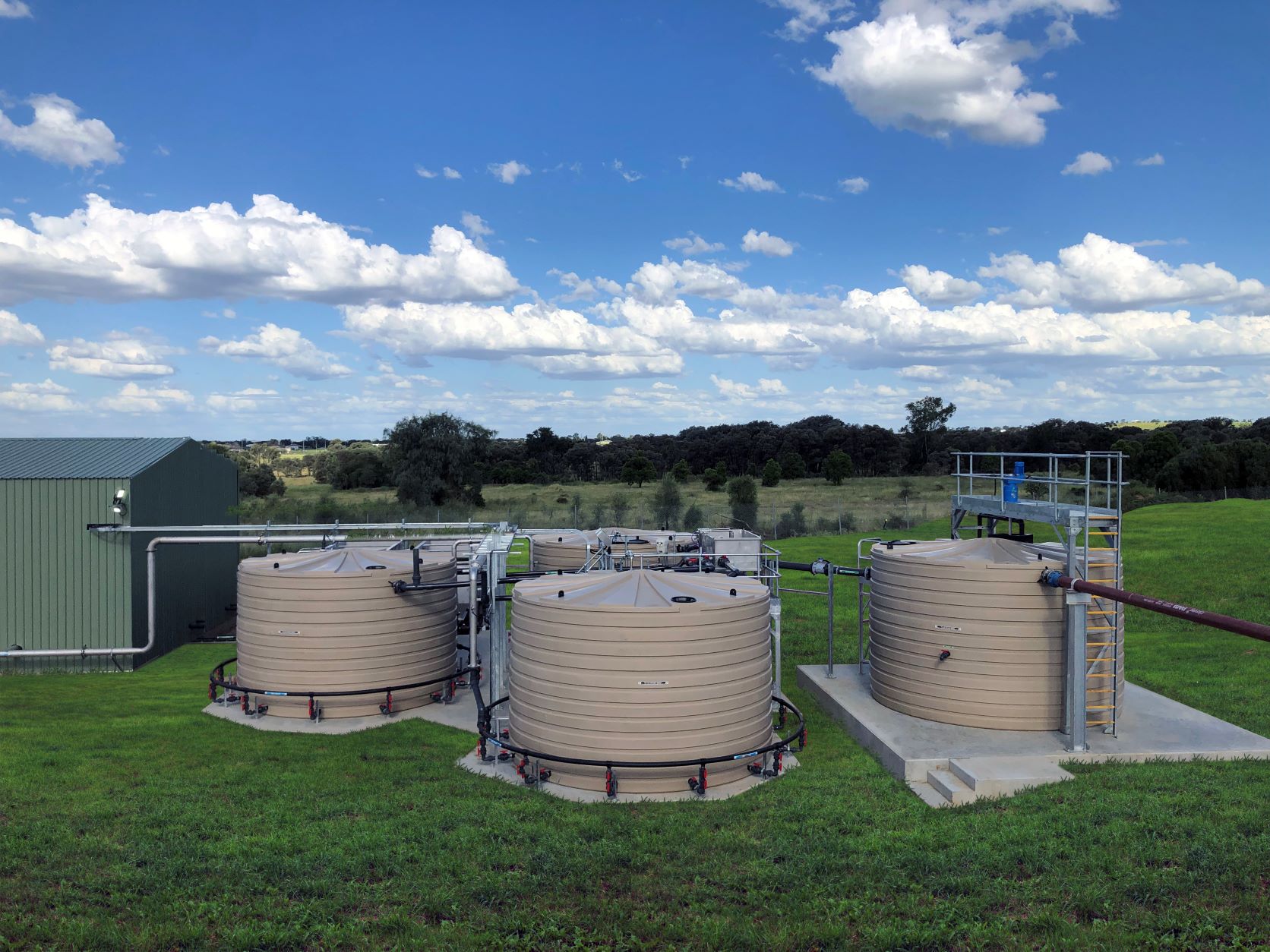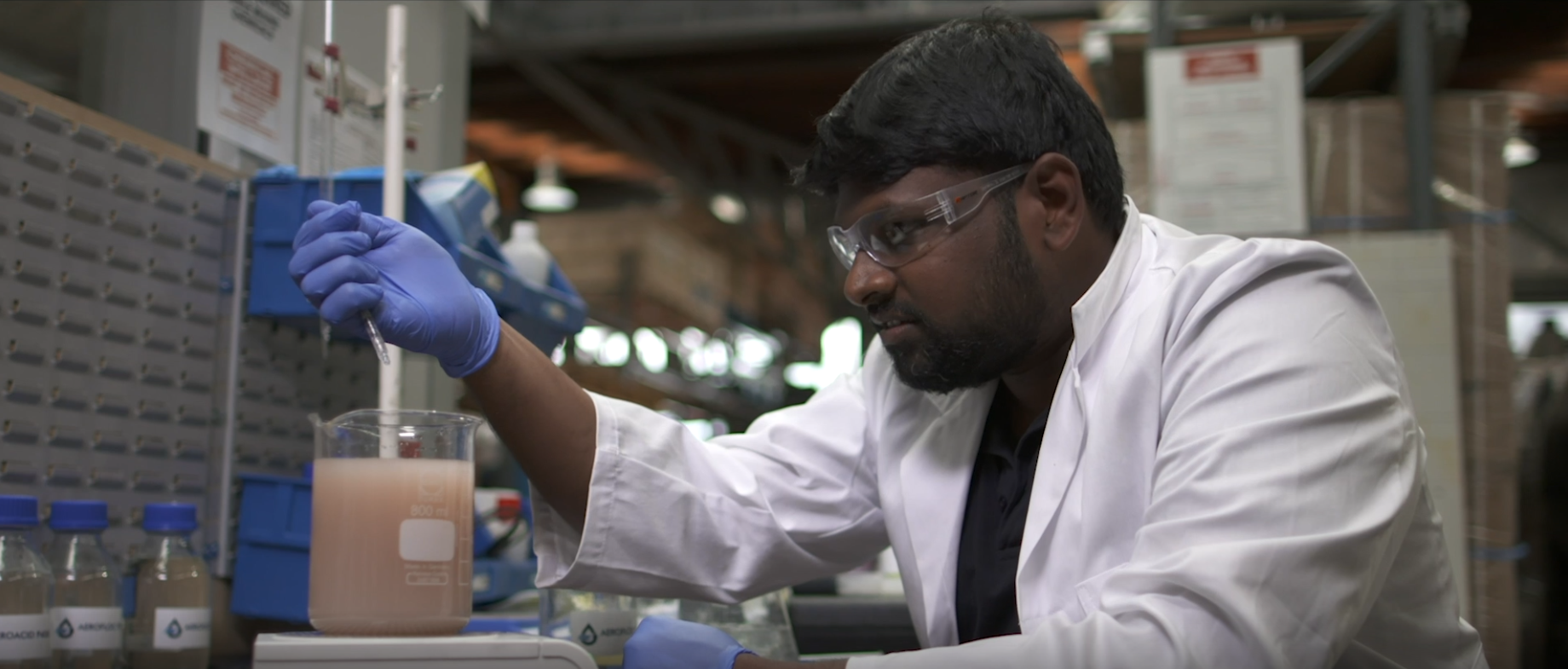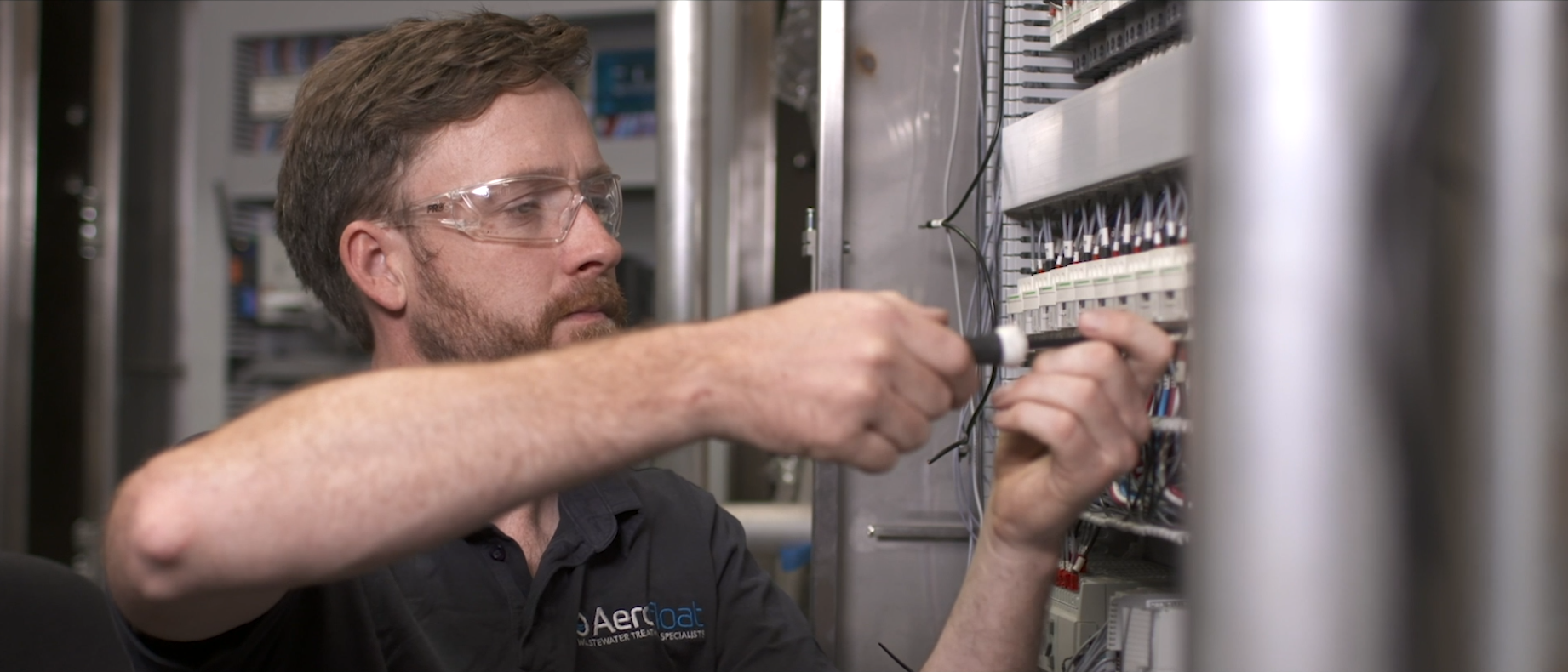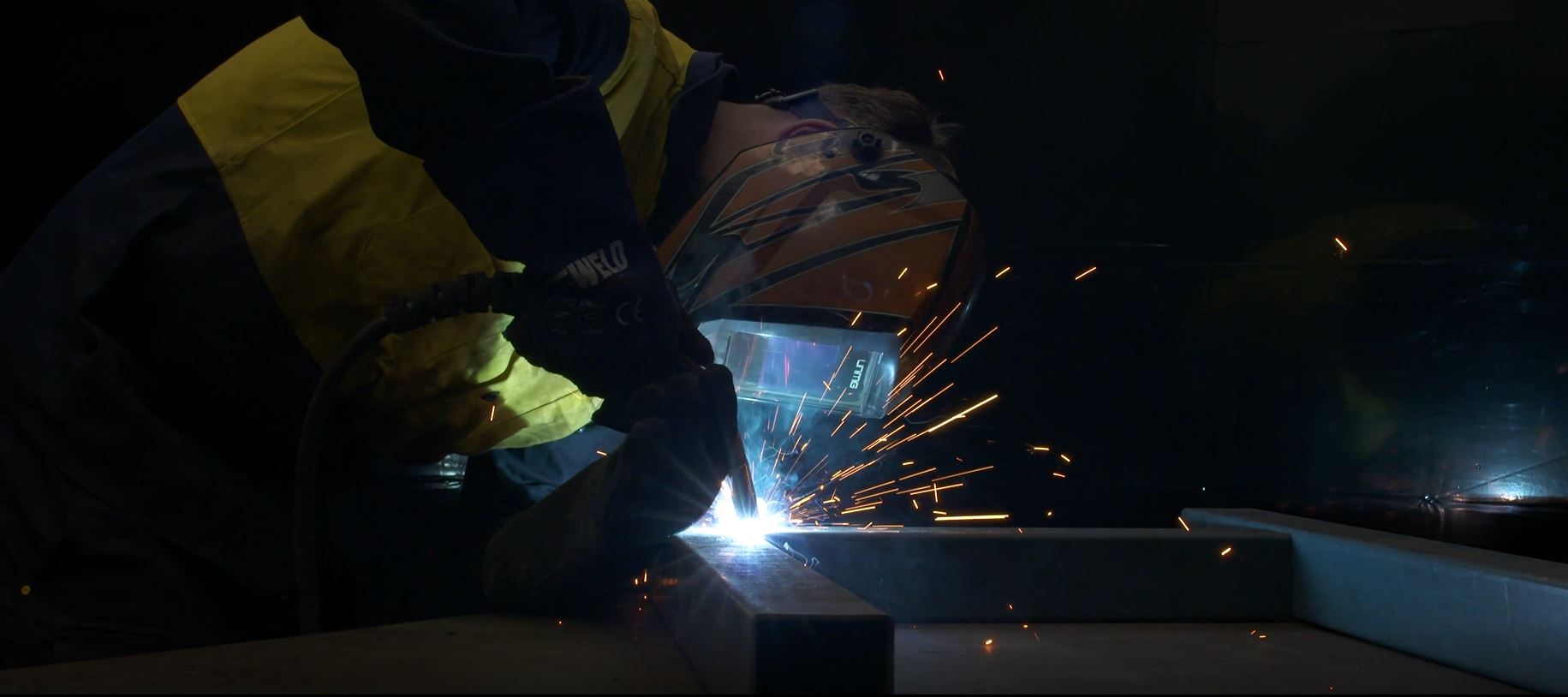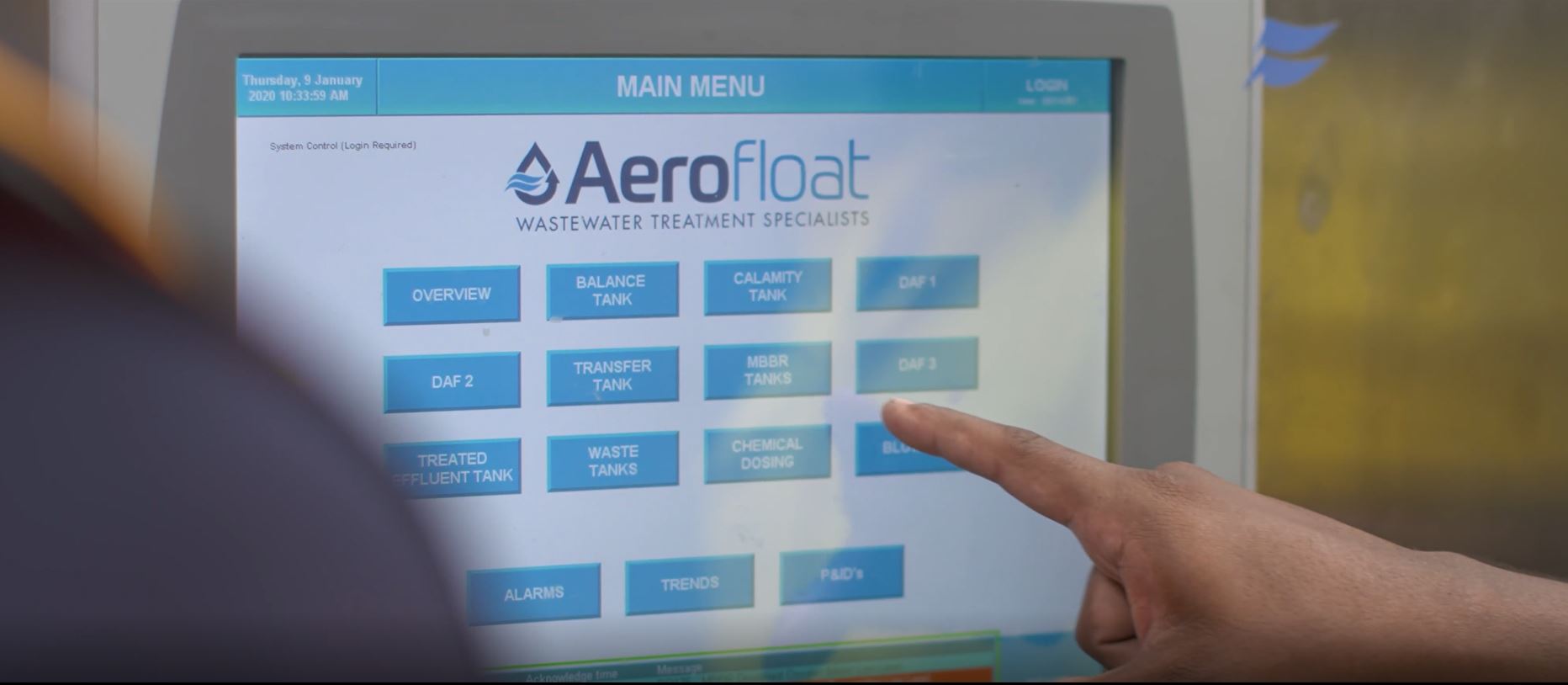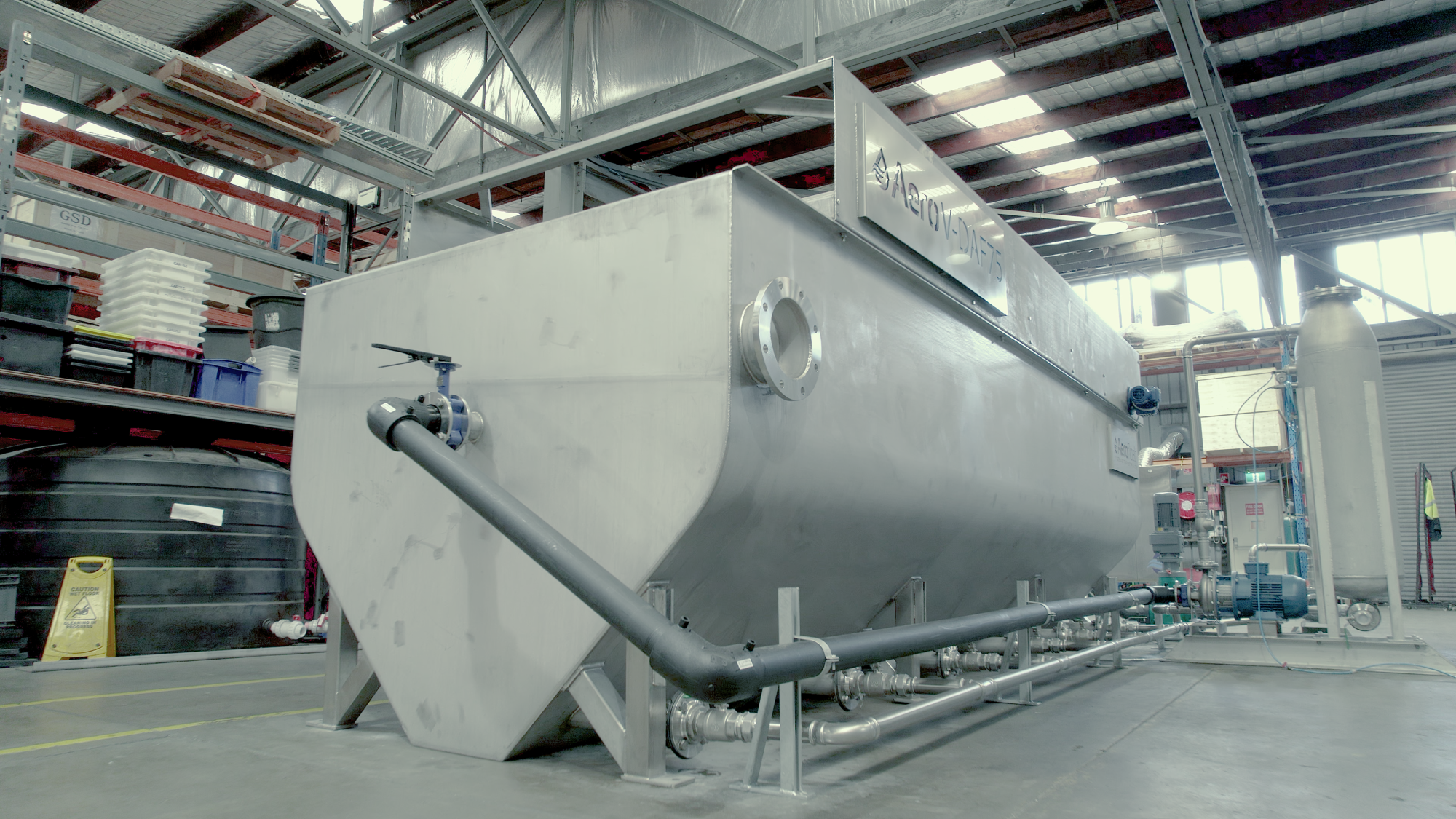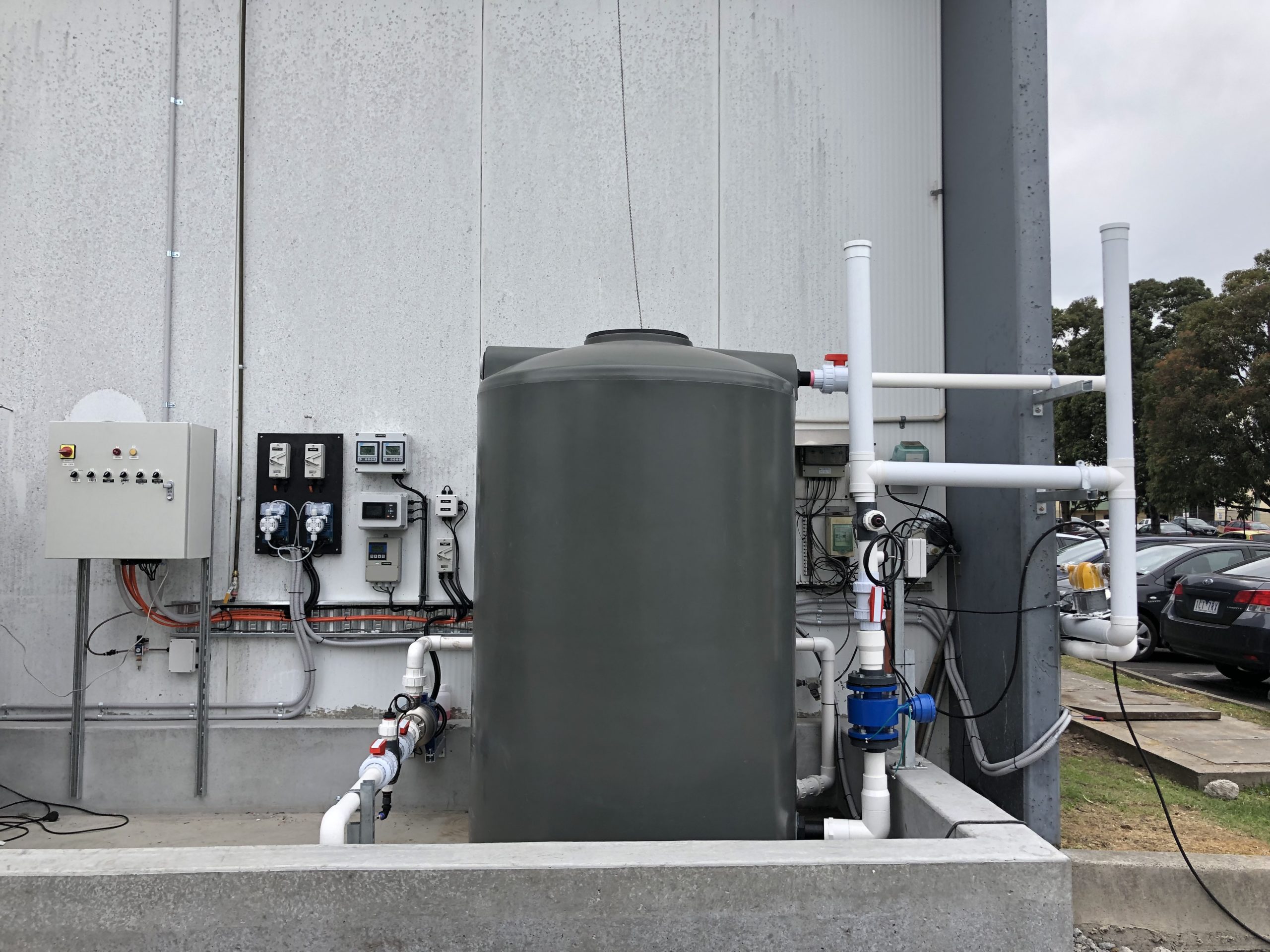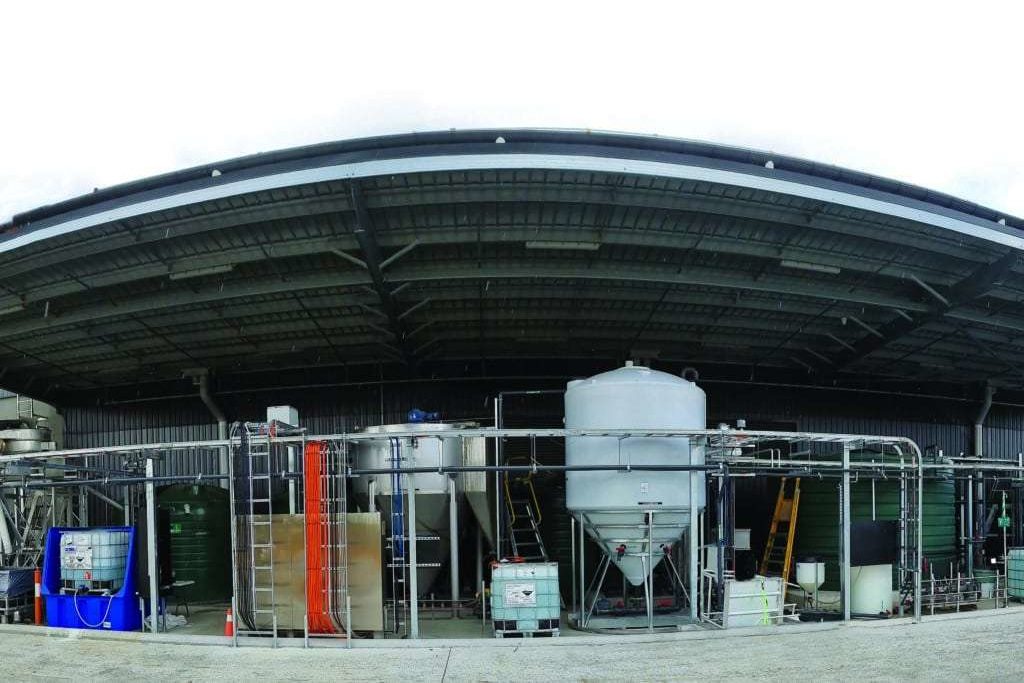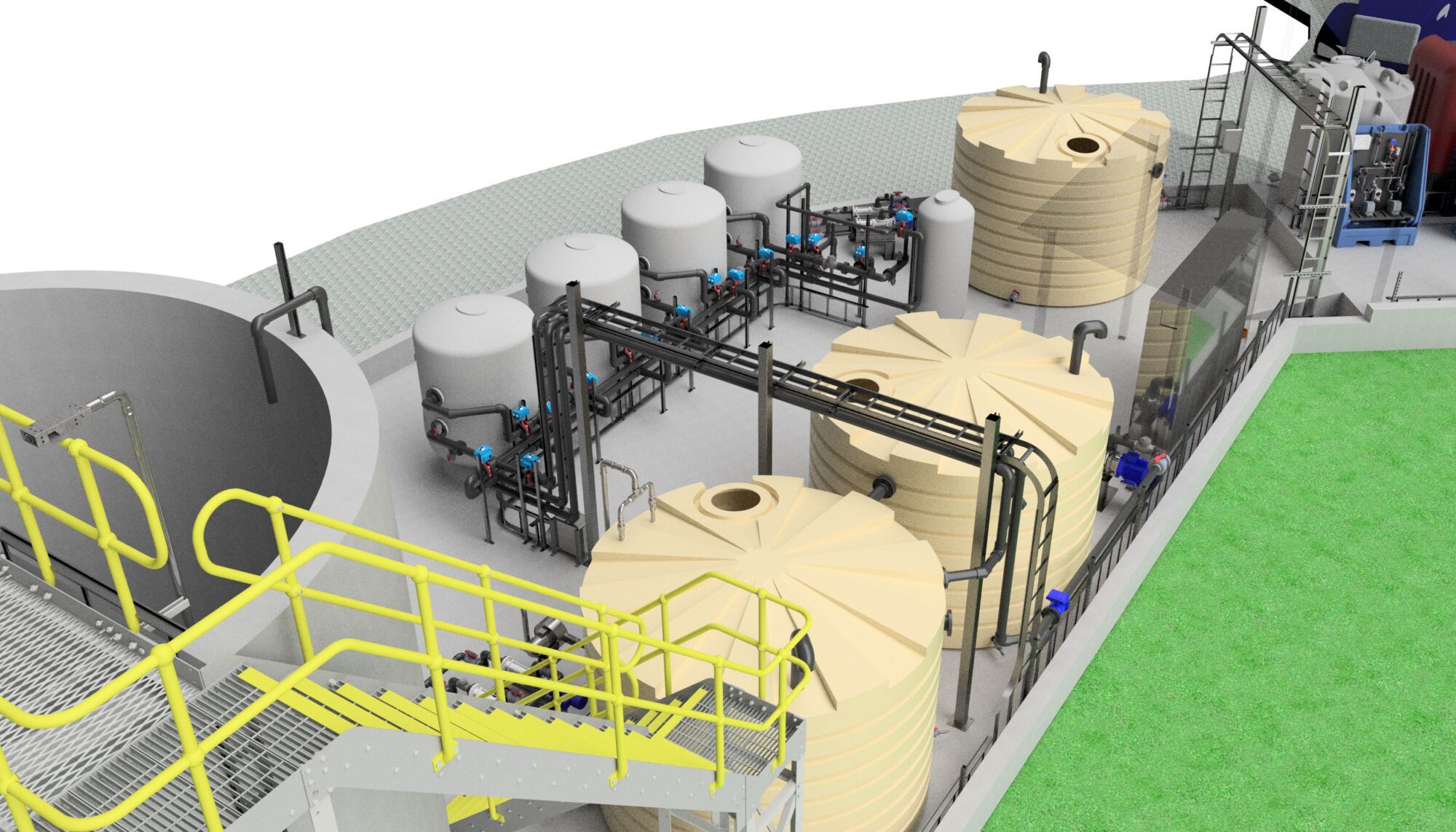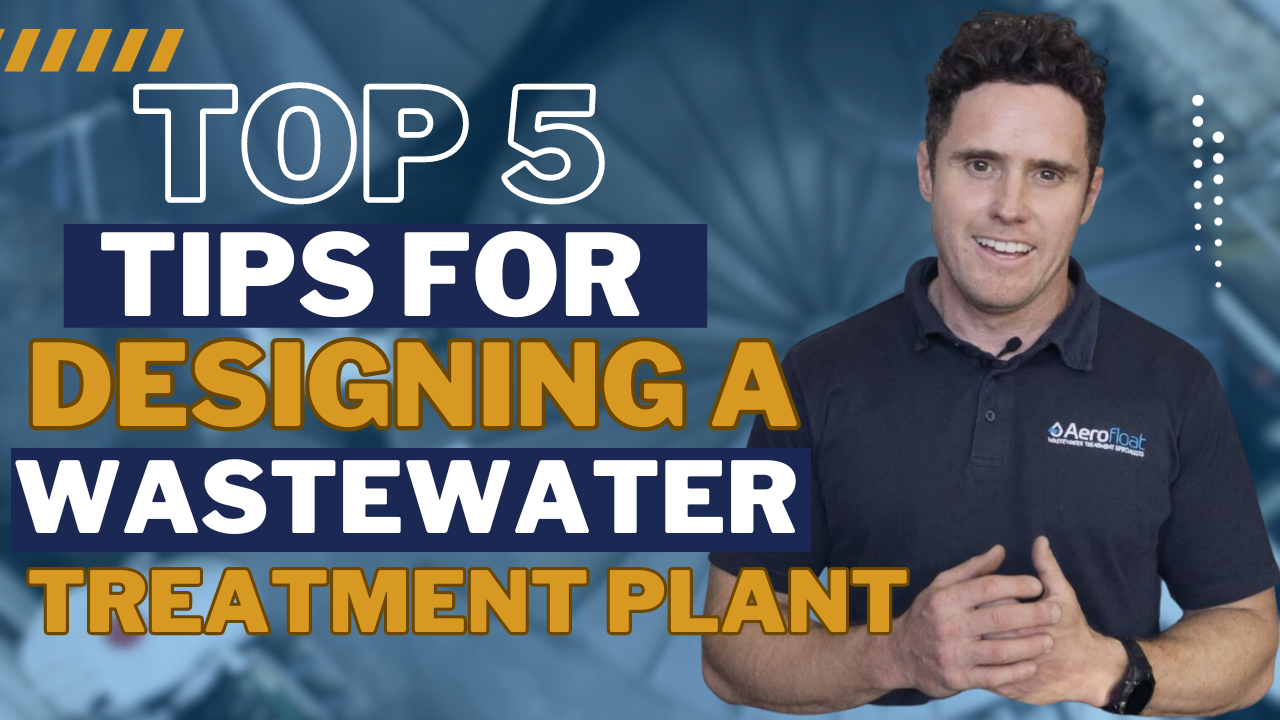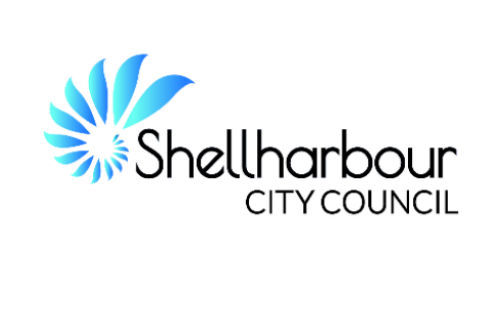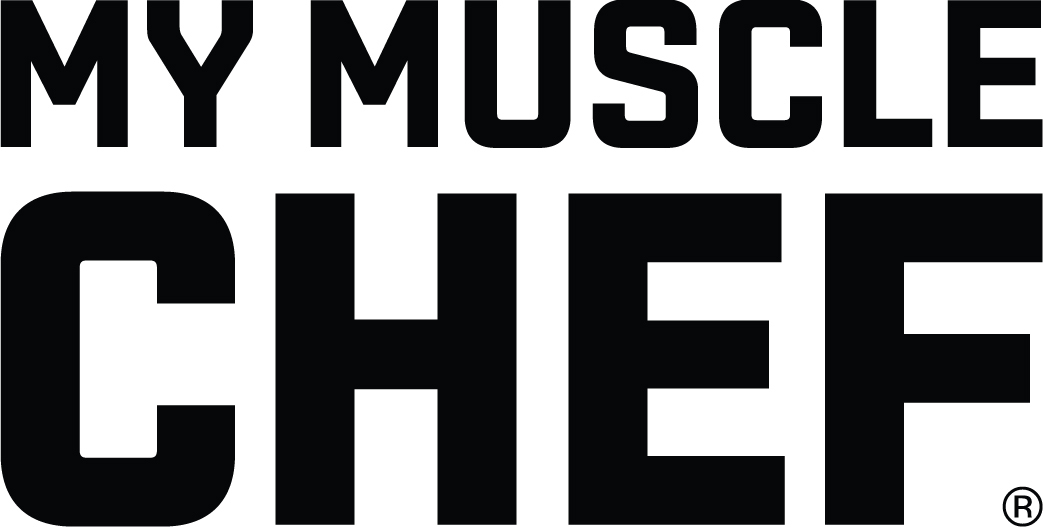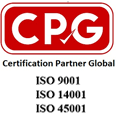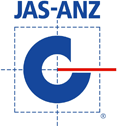Aerofloat sets a new benchmark with Circular Plastics wastewater system
Aerofloat’s system at Circular Plastics is its most advanced wastewater treatment system so far for the plastics industry and is in within the final stages of commissioning.
The Circular Plastics Australia PET recycling facility in Albury-Wodonga required a brand new wastewater solution – Aerofloat designed and installed the system.
The plant was a joint venture between Pact Group Holdings Group, Cleanaway Waste Management, Coca Cola Europacific Partners, and Asahi Beverages and is predicted to be Australia’s biggest end-to-end recycled polyethylene terephthalate (PET) plant. The plant will likely recycle up to around one billion 600ml PET plastic bottles annually.
The project was the third that Aerofloat and Pact Group had worked on together.
Read full article in Waste Management Review
Aerofloat has created sustainable wastewater treatment designs for major plastics recycling businesses across Australia and has been awarded for its innovative approach to tackling plastics recycling wastewater issues.
Michael Anderson, Aerofloat General Manager of Engineering, said the Circular Plastics water treatment system drew on all elements of previous systems Aerofloat has designed for the plastics recycling industry.
The Aerofloat design had to ensure a long-term and sustainable solution for Circular Plastics Australia and ensure that the predicted expansion of the recycling facility was accommodated for. Clean wastewater from the system can be re-used as wash water within the recycling facility or alternatively discharged to sewer, the water savings thereby considerably reducing the plant’s environmental footprint.
Aerofloat installed its AeroCircDAF – its patented circular dissolved air flotation unit – to treat the anticipated high flow volumes of wash water. It also included its intelligent and fully automated PLC control system to accommodate any integration of additional Aerofloat technology as the business expands.
Aerofloat worked with the council, the EPA and the client to define what they wanted to achieve.
“We ensured we understand the type of plastic and its ensuing wastewater, as well as the wash line of the recycling plant before engineering the solution.”
“Aerofloat worked closely with the local council to ensure its strict policies and guidelines around managing microplastics for inland waters were met,” said Anderson.
“One of the main considerations for the council and Environment Protection Authority was microplastics,” he said. “We can remove suspended solids and large plastics and biologically treat soluble contaminants from plastic bottles, such as sugars and soluble proteins, but there’s a concern about microplastics from industries.”
“Part of the project brief was to remove a lot of the microplastics down to trace elements. The standards were very tight. Through our treatment process we believe there’s a high degree of microplastics being removed.”
“The scope of the project changed during the contract and we therefore added a biological treatment and clarification process to the original plant to meet stricter trade waste guidelines,” he added.
“Every plant Aerofloat has designed varies to the next due to the type of plastic, how it is washed, and local council requirements,” he said. “This facility was being built in an inland town and so the plant needed to be more advanced compared to a design for a major coastal town.”
COVID-19 presented some challenges to the 12-month project, including state border closures, transportation and supply chain issues and quarantine rules for the site. However Aerofloat worked flexibly to engage local contractors and work remotely for part of the installation. Despite the obstacles, Aerofloat delivered the project on time and on budget.
If the government stimulus continues, Anderson predicts that the recycling sector will be big business in Australia.
“Regional locations like Albury that are central to other major cities will play an important role in creating that circular economy. This should lead to more jobs being created in recycling and manufacturing” he said.
Read full article in Waste Management Review
Aerofloat’s innovative technology reduces costs whilst ensuring a strong, sustainable solution. Contact Aerofloat’s engineers to discuss your plastics recycling wastewater treatment solution.
